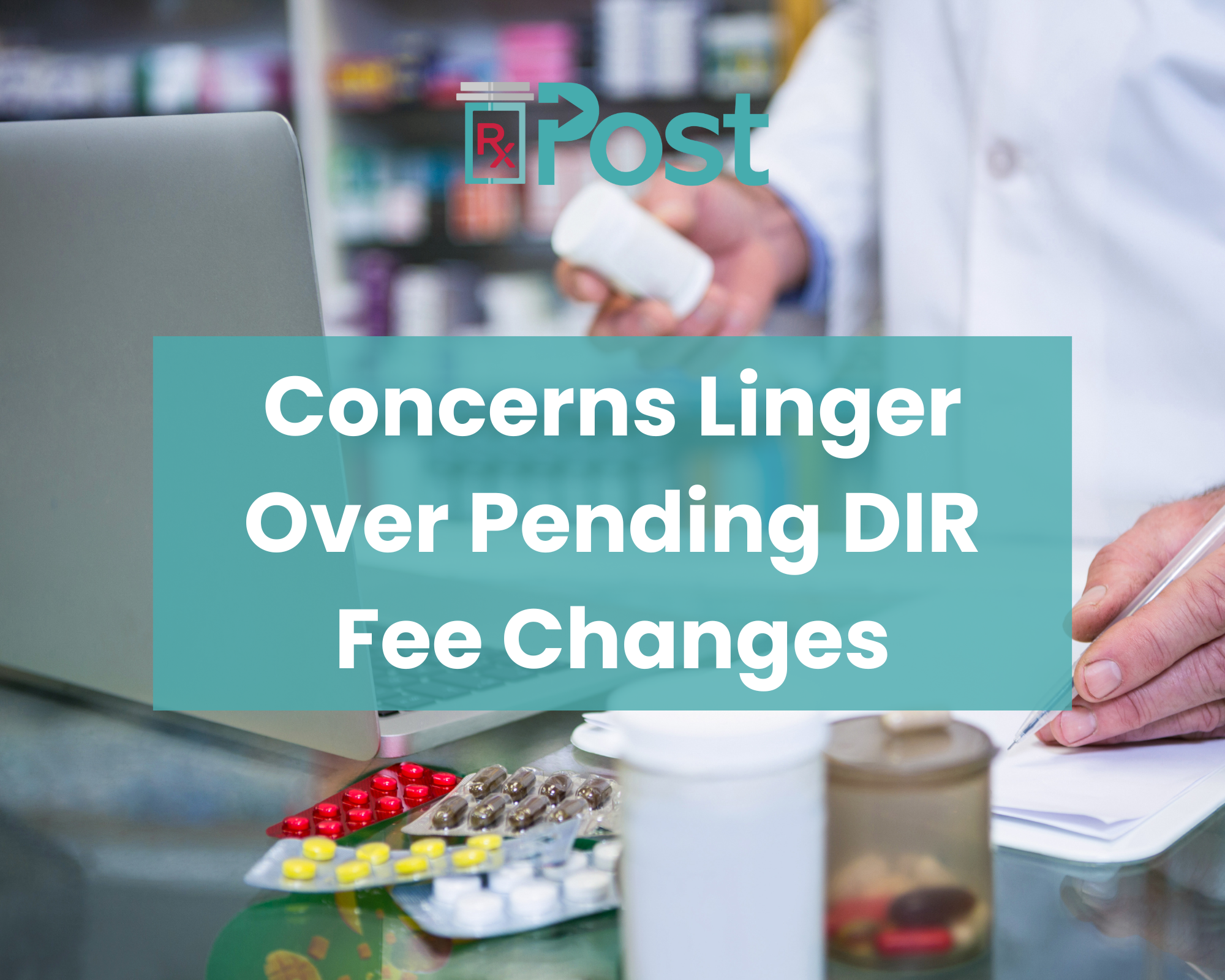Pharmacists are well-informed about the impending Direct and Indirect Remuneration (DIR) fee changes set to begin in 2024. The Center for Medicare and Medicaid Services (CMS) has finalized a rule to eliminate the retroactive application of DIR fees by pharmacy benefit managers (PBMs). Instead, these fees will be incorporated into the negotiated price at the pharmacy counter, aiming to enhance transparency for both patients and pharmacies. However, this change, termed a "DIR hangover," entails higher upfront DIR fees alongside reduced patient copays. As a consequence, all pharmacies will experience a financial strain, potentially leading to cash flow difficulties.
Pharmacies must be prepared for these shifts, as the altered definition of negotiated price impacts reimbursement and performance programs related to DIR fees. Lower reimbursement across the board is anticipated for 2024, raising concerns for pharmacies. Specialty pharmacies negotiating Medicare Part D contracts for 2024 should engage with their pharmacy services administrative organization (PSAO) to optimize rate concessions for specialty drugs. Neil Owens, President and COO of Medicure, notes that DIR fees serve as one way PBMs exploit a loophole to diminish profits for non-chain or independent pharmacies.
The upfront nature of DIR fees eliminates retroactive clawbacks, presenting both advantages and challenges. These fees can complicate financial balancing for pharmacies, potentially leading to losses on prescriptions, particularly for branded medications. Strategies such as focusing on 90-day fills and generics can mitigate the impact, but prescription specifics often lie beyond a pharmacy's control.
Frier Levitt continues to advocate for relief for all pharmacies through amendments to the Part D Act. Pharmacy owners and associations are urged to exert pressure on legislators to support such amendments. Active engagement with elected federal officials through emails, letters, and calls is crucial to prioritize reform and positively influence legislative decisions.
Full article from Drug Topics here.
Interested in savings on prescription medications? RxPost can help you buy or sell excess drug inventory to improve your profits and offer better patient service. Learn more about RxPost here.

